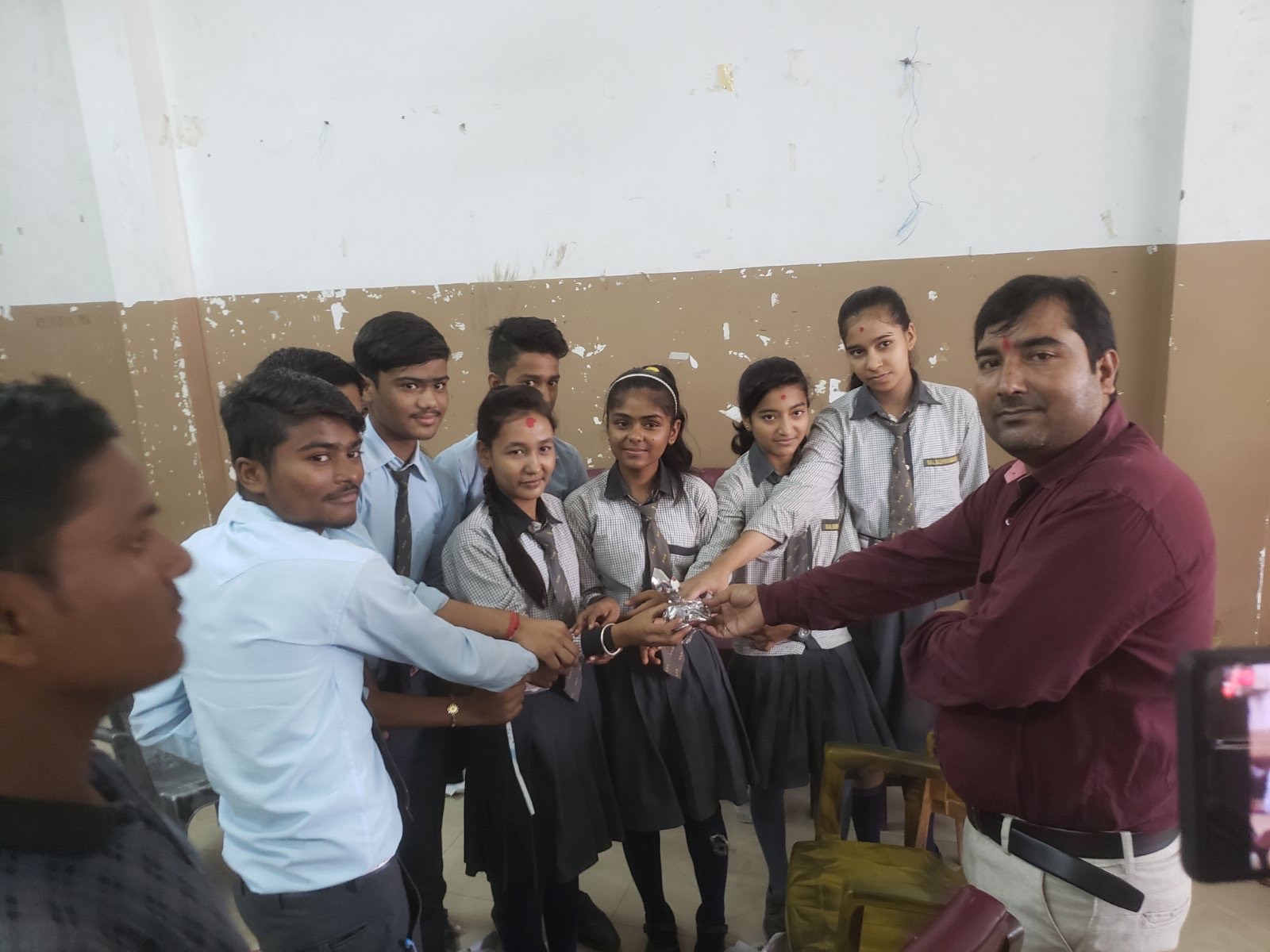The Development Practice suite of postgraduate Programs is very fortunate to have a rich and vibrant student community with students from many different countries and cultures. Our Alumni share some of their experiences about studying Development Practice at UQ.
If you're wanting to share your experience please get in touch with us at socialscience@uq.edu.au.
5. Arahat Sundar Tuladhar - Nepal
 What was the best thing about your Development Practice program?
What was the best thing about your Development Practice program?
- The interaction and lively discussions between the students and the lecturers was the best thing about the Development program. Professor Kristen Lyons is a fantastic lecturer! Her expertise in the development field and her ability to breakdown complex theories into relatable examples, enhanced my learning experience.
What was the most important thing you learnt/or most defining experience, you had while studying Development Practice at UQ?
- Before I left Nepal for Australia, I had a very limited view on development. I believed that I was born and brought up in one of the least developed nations in the world. Henceforth, as an economically weak country, I believed Nepal had little to offer the world in terms of development literature. After I joined the program, there was a change in perspective. I learnt to see value in the alternative forms of development. For instance, during the festival of Tihar in Nepal, the Newar community celebrates Mha Puja which means "worship of the self". The ceremony reflects how spiritual development is given more or equal emphasis to economic development in Nepal. Unlike the dominant paradigm of development, where money is central to all forms of development, Nepal offers an alternative approach. I would have never learnt to see things differently had I not enrolled in the Development Practice program at UQ. Economic development is not the only measure of development. This was indeed a big revelation for me.
What challenges have you come across in your career, and how did your degree help you overcome them?
- There are many challenges that I have come across in my career, however, the most noteworthy challenge would be learning how to leave my ‘expert hat’ behind. Once you have graduated from university and have gained experience in the field, it is easy for us to see ourselves as experts. The biggest disadvantage that comes from perceiving ourselves as experts is that we tend to value our opinions more than that of others. This might create a barrier in building rapport with participants and keep us from obtaining valuable insights. Hence, learning how to leave my ‘expert hat’ behind has been a major challenge in my career.
How did your study help you to get to your current role, and what does your current role involve?
- I am currently working as a lecturer and facilitator for two colleges under Kathmandu University and Pokhara University in Nepal. My study has shaped my approach to education and development. Every time I enter any classroom or seminar hall, I ensure that my approach is participatory in nature. I also acknowledge that every participant is coming in with a unique set of experiences and is capable of teaching me something new.
What did your study lead to?
- It was a normal day at college. While I was on my way to return home, a few of my students stopped me mid-way. The students greeted me and one of my students handed me his smartphone. On the smartphone screen, I swiped through pictures of my students facilitating an educational workshop. A few days earlier, I had sat down with my students and discussed participatory methods in learning. To see my students take initiative and implement participatory learning in Nepal, reflected upon the tangible impact I have had in my community. I am proud of my students and the participants involved in the participatory learning workshop. I largely attribute my success to my family and teachers at UQ.
What advice would you give to students in the same degree you studied?
- have three pieces of advice to students pursuing or interested in the Development Practice program; 1. Listen and learn from shared experiences! 2. Don’t come in the classroom with your ‘expert hat’ on! 3. Have fun!
